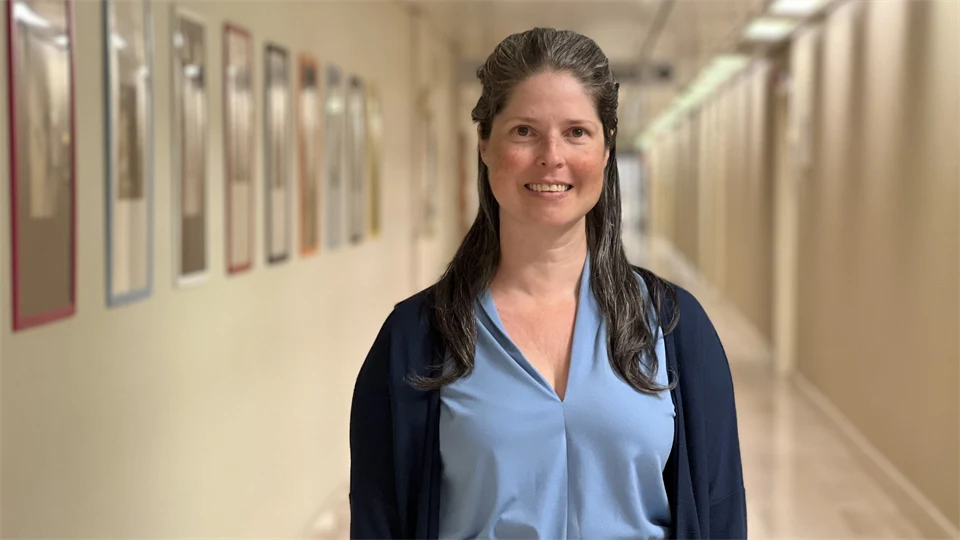Study shows that learning can be the key to successful improvement work
Organizational learning is a key to success in continuous improvement. In a case study, industrial doctoral student Ninni Löfqvist has identified five factors that are needed for improvement work to succeed – and will present the results at her licentiate seminar on 2 October.
In her research, Ninni Löfqvist has followed some operations within a region for a year and a half to investigate how organizations can succeed with continuous improvement – a way of working that means that the organization systematically develops its processes step by step to achieve better results over time. Her study shows that organizational learning is a crucial factor for improvement work to have an impact.
"I would like to highlight that the concept of 'continuous improvement' is not only about methods and routines, but also about building knowledge and capabilities in the organisation. Learning must be part of the improvement work," says Ninni Löfqvist.
Five key factors
She is an industrial doctoral student in Region Västernorrland and conducts research in quality technology at Mid Sweden University. Ninni is also part of the national graduate school in health innovation, which brings together doctoral students from seven universities to combine research and practical improvement work.
In her licentiate thesis "Organizational Learning – the Missing Link in Successful Continuous Improvement?" she highlights five factors as particularly important for achieving success in her development work:
- An understanding of the concept, such as continuous improvement.
- Reflection on experiences and results.
- To take advantage of and develop the knowledge that already exists.
- Knowledge exchange with others who have carried out similar work.
- Safety and security within the organization.
Relevant for more organizations
The results will be of practical use in Region Västernorrland's continued work with quality development, but are also relevant for other businesses that want to work with improvement and development work.
"My hope is that the thesis will provide insights into the factors that need to be in place to succeed. Even though it is a case study, I think that other organizations can see that this is relevant to adopt in their own operations," she says.
Welcome to participate in the licentiate seminar!
PhD student: Ninni Löfqvist, Quality Technology, Mid Sweden University
Thesis: Organizational Learning – the Missing Link in Successful Continuous Improvement?
Opponent: Professor Sofia Kjellström, Jönköping University
Language: English – open to all interested.
Time: Tuesday 2 October, 13.15–16.00.
Place: Room Q340, Mid Sweden University Östersund, and digitally via Zoom.
Contact

